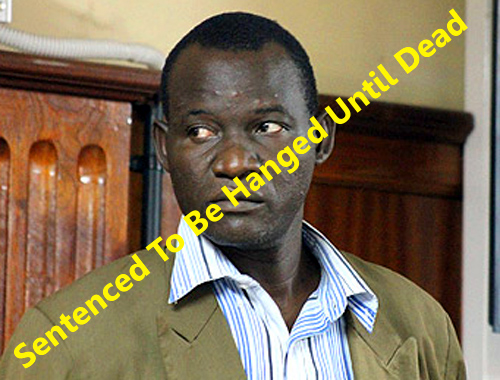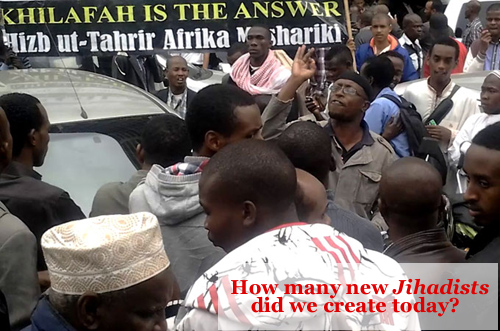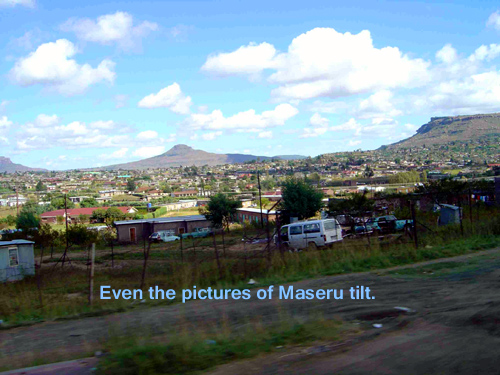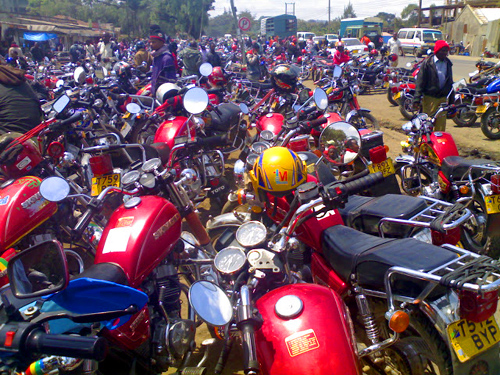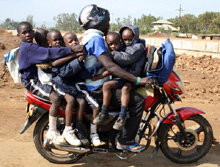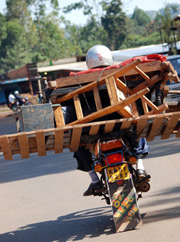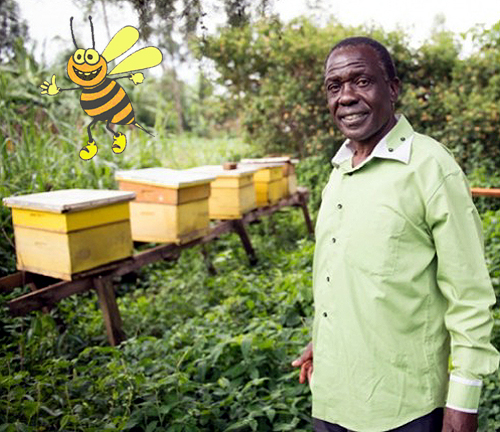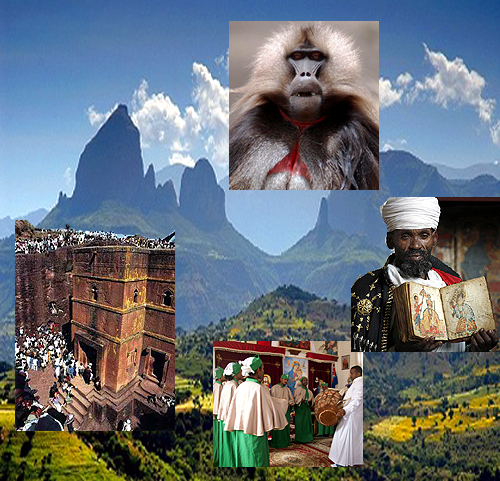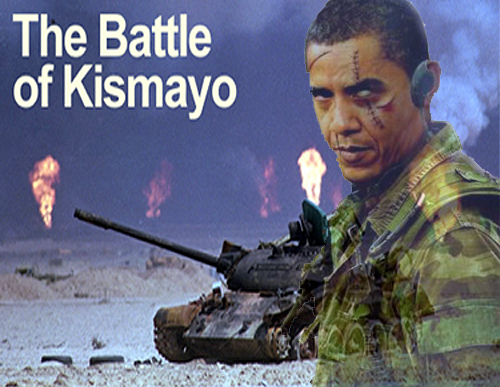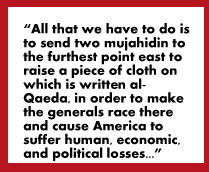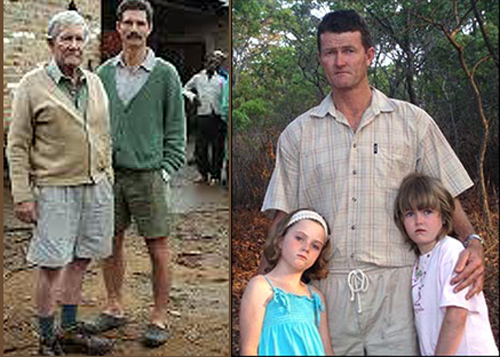 Here are some wild South Africa inventions, useful and artistic, which in many senses reflect a creativity we often lack in the U.S.
Here are some wild South Africa inventions, useful and artistic, which in many senses reflect a creativity we often lack in the U.S.
It’s been a long time since foreigners thought of South Africa as a Tarzan abode. The country was prominent and controversial in both world wars, stubborn then creative in subduing its nuclear technology to world treaties and rocketed to fame when the first heart transplant was performed.
Today’s South Africa creativeness is still high tech but there’s a wonderful peasant component that’s emerging as millions of Africans begin to emerge from abject poverty.

The purely South African invented “WonderBag” has proved so popular worldwide it is now available from Amazon – US.
This is a slow cooker for everywhere! Its unique design and astro-fabric produces a heat retention that hasn’t been cheaply available before. Essentially this is a tea cozy for your stew pot, and it works!
The cooking process starts normally in the pot. But rather than continuing the process on the stove or in a slow cooker once the stew or beans or potatoes have reached a boil, the pot is firmly sealed then tugged into the WonderBag and slow cooking begins.
With typical sour grapes, some American product reviewers have claimed the WonderBag is dangerous. It isn’t.
Claims that the bag’s temperature retention is poor are totally unsubstantiated and anecdotal and ignore the fact that you’ve got to boil your stew for a few minutes before promptly sealing it in the pot before bagging. If done to instruction, bacteria are doomed and slow cooking sweetness guaranteed.
 So successful it’s now been enhanced and globally marketed by a British company, the very South African Encore Player was originally designed just as a portable radio but has become a recorder and phone charger in its global iteration.
So successful it’s now been enhanced and globally marketed by a British company, the very South African Encore Player was originally designed just as a portable radio but has become a recorder and phone charger in its global iteration.
But the genius of the device lies in charging itself by an extendable solar panel! The panel is brilliant enough to charge the device so that it can then charge your phone!
I left the best for last: what may be the world’s most useful 3D Printer.
Precise to 100 microns, the RoboBeast is an entirely South African creation that brings 3D printing to affordable levels with enormous precision.
The 3dprint.com review site calls RoboBeast “Toughest Printer By Far.” It’s also among the very cheapest, available for around $2500.
 These and bunch of other great recent inventions can be found at the South African blogsite, sa-venues.com.
These and bunch of other great recent inventions can be found at the South African blogsite, sa-venues.com.
Thanks, South Africa, for putting a smile on life’s curiosities fulfilled!

